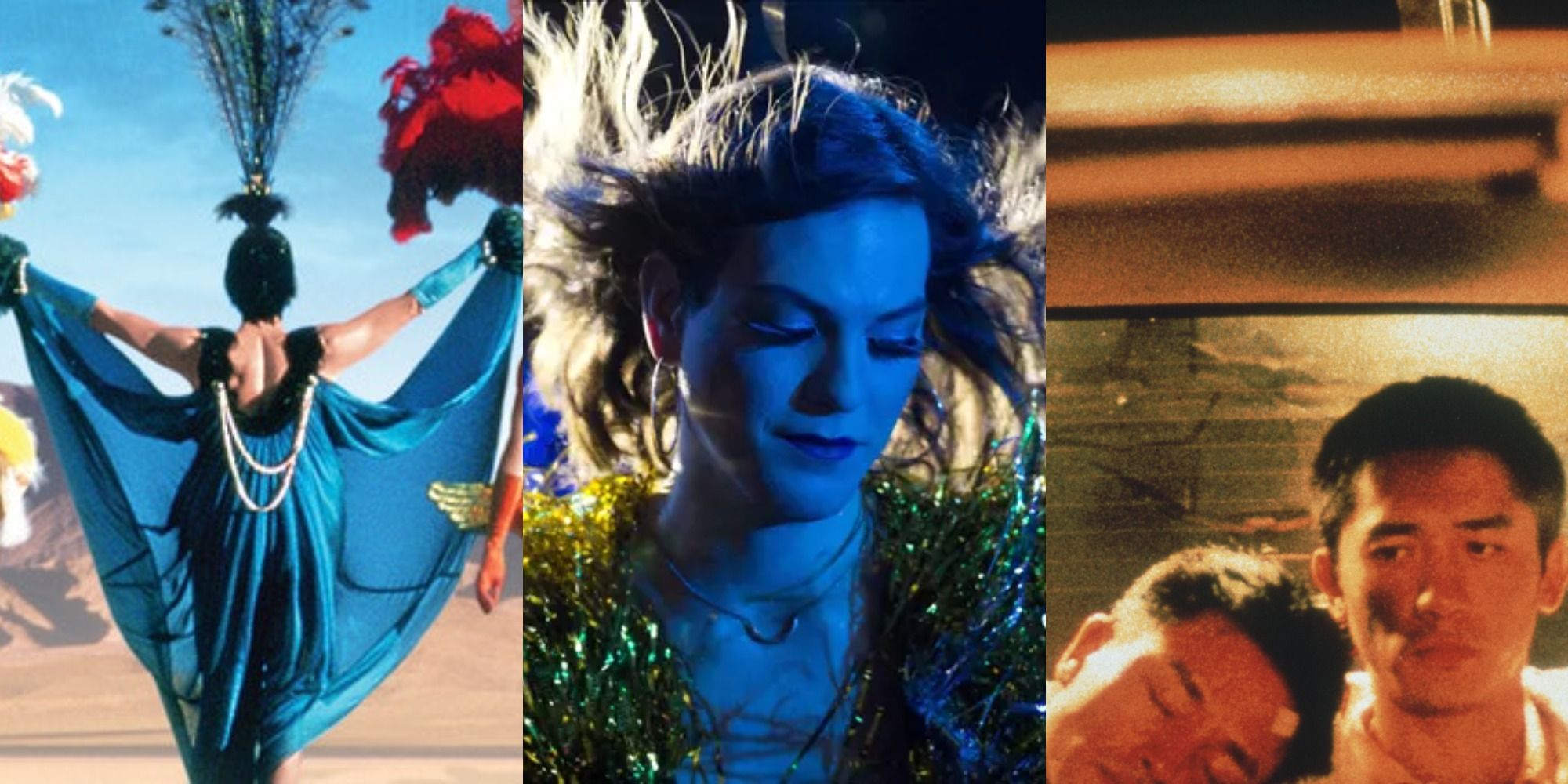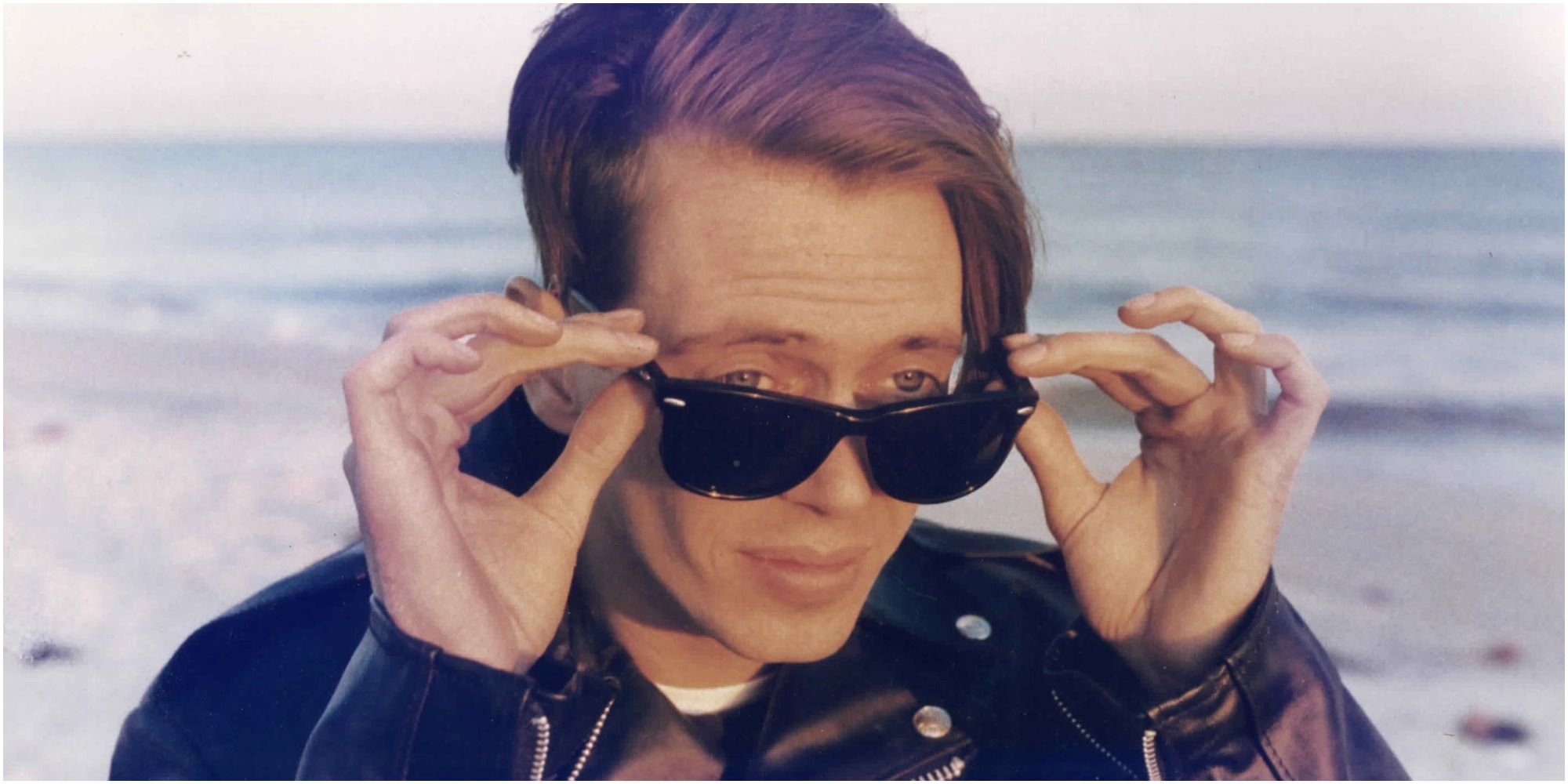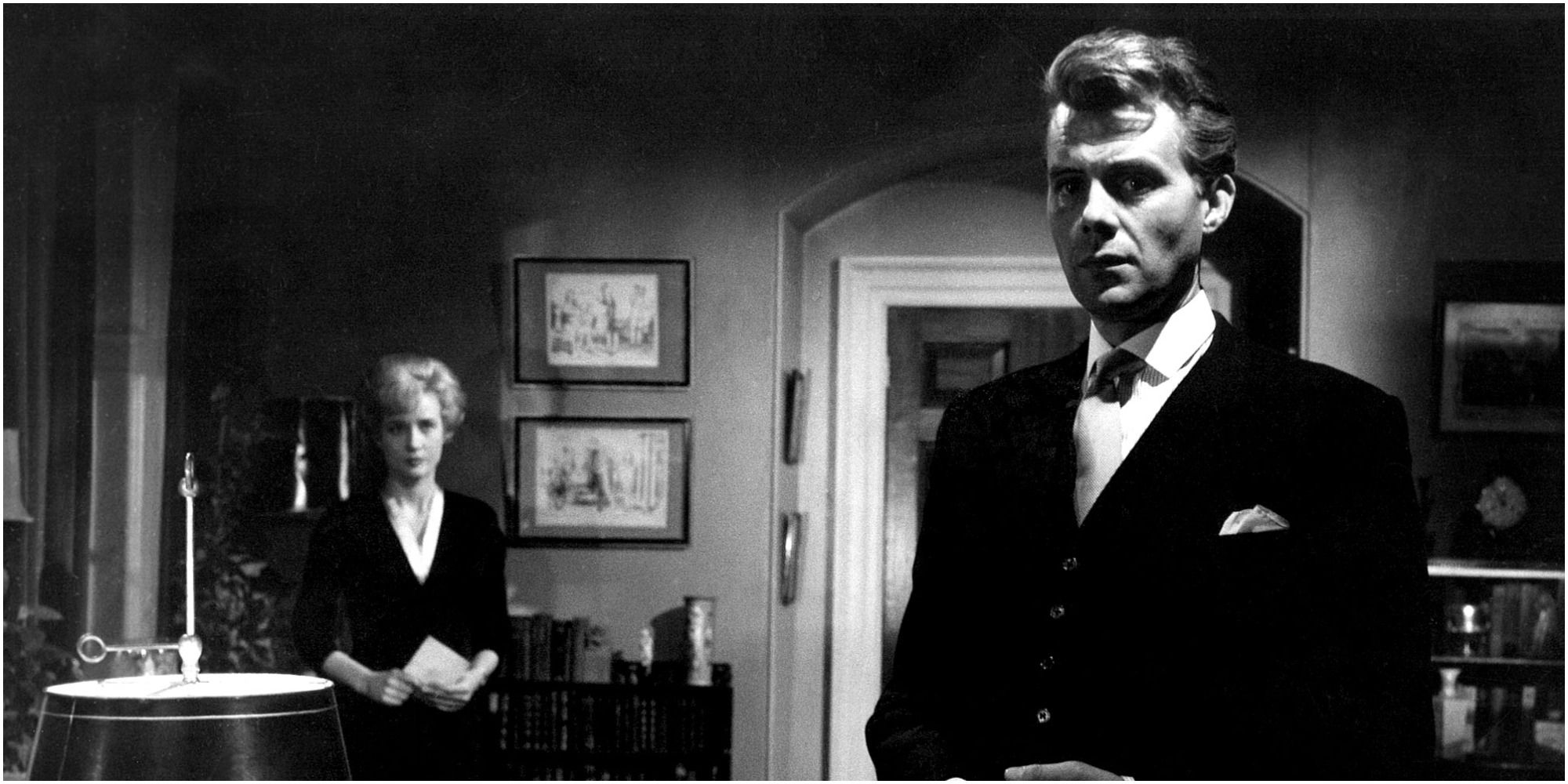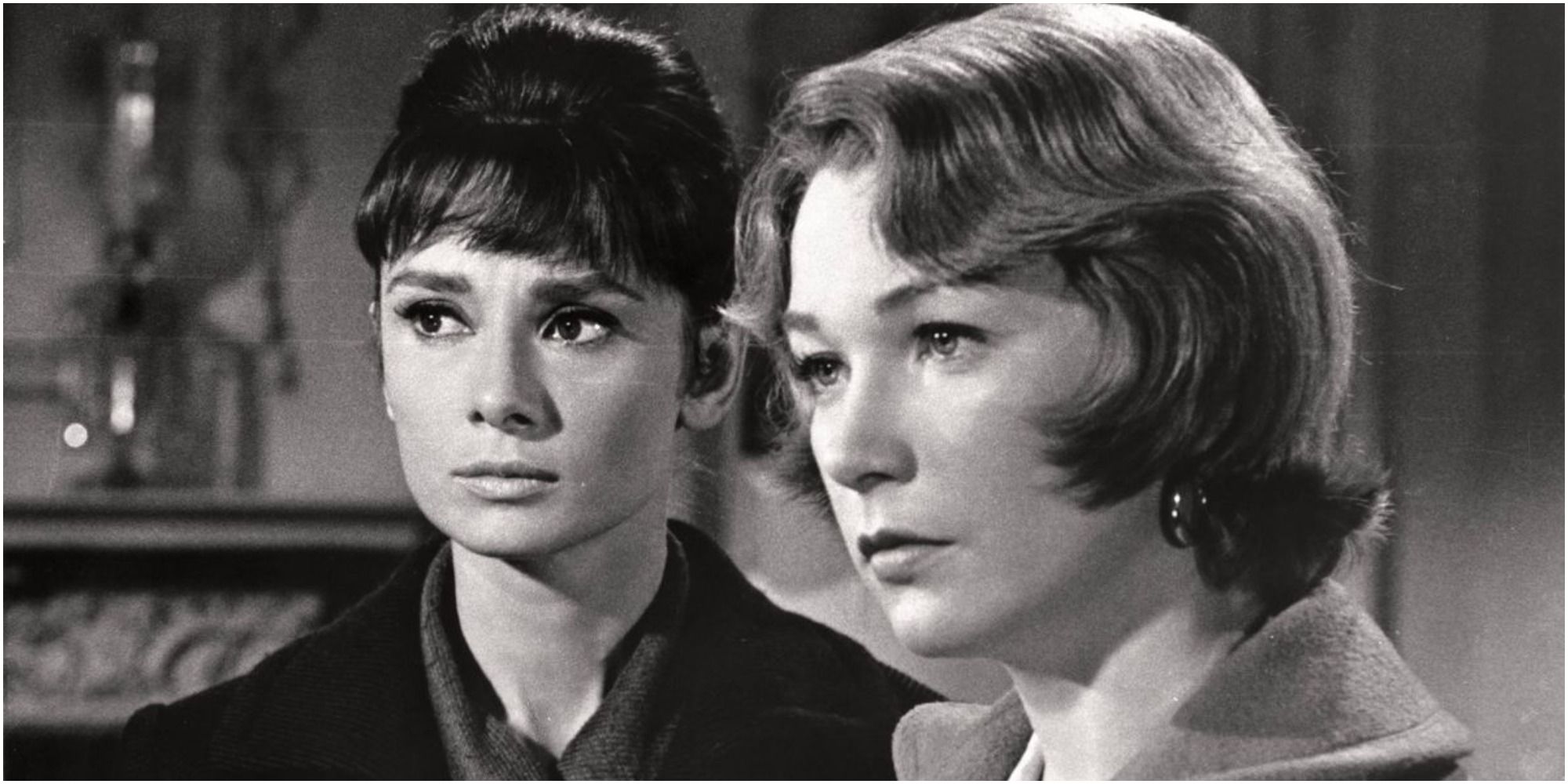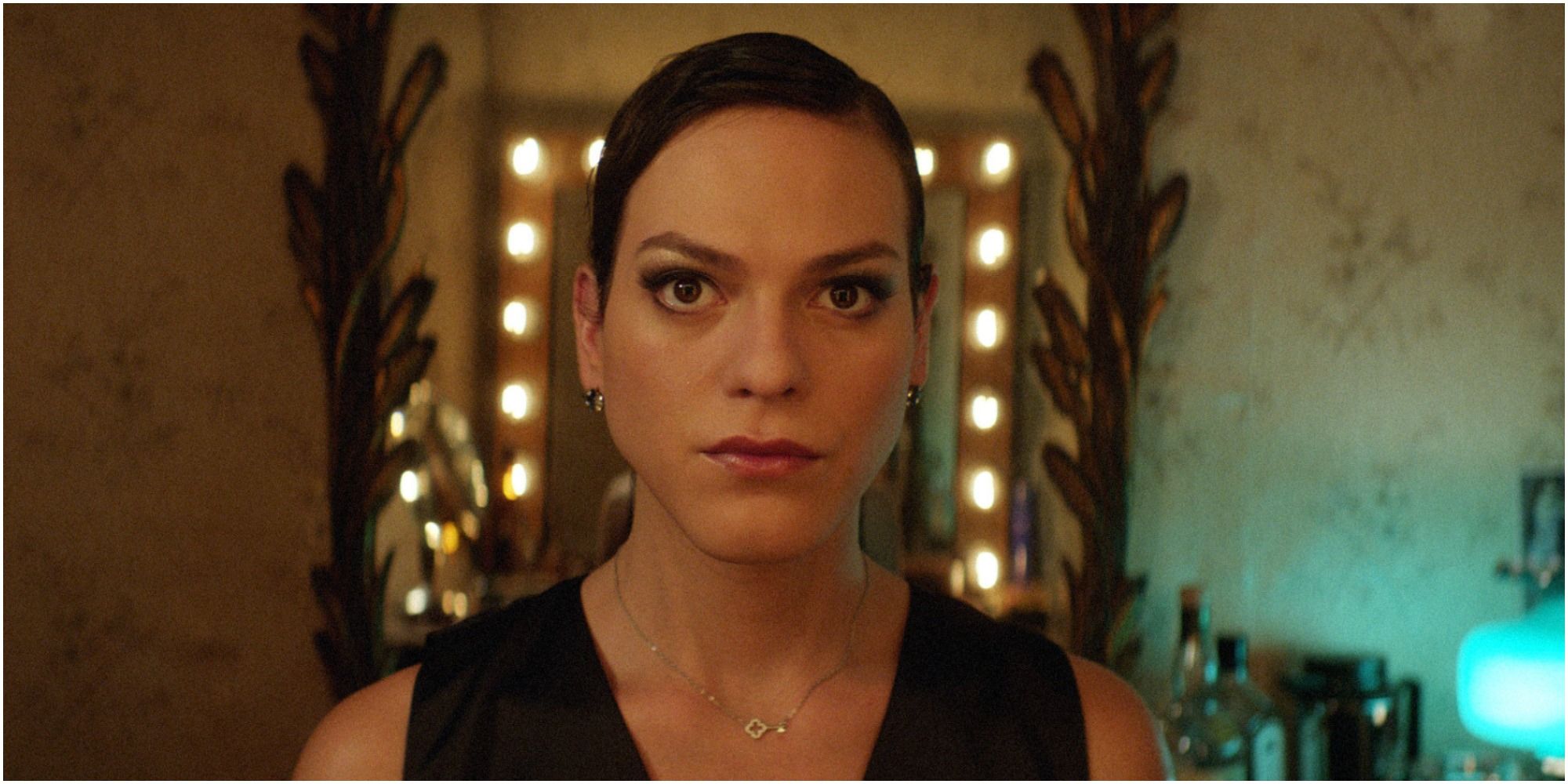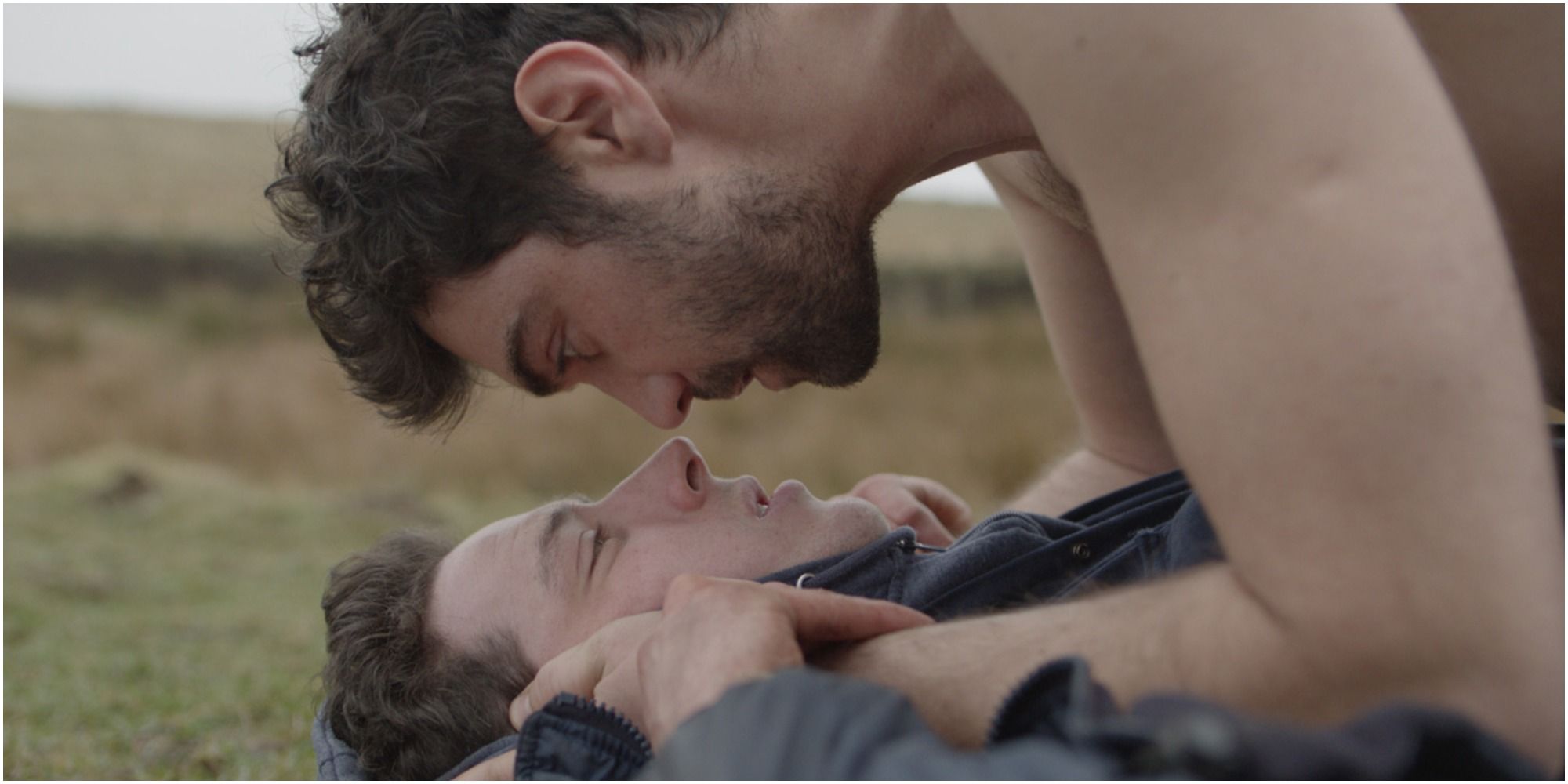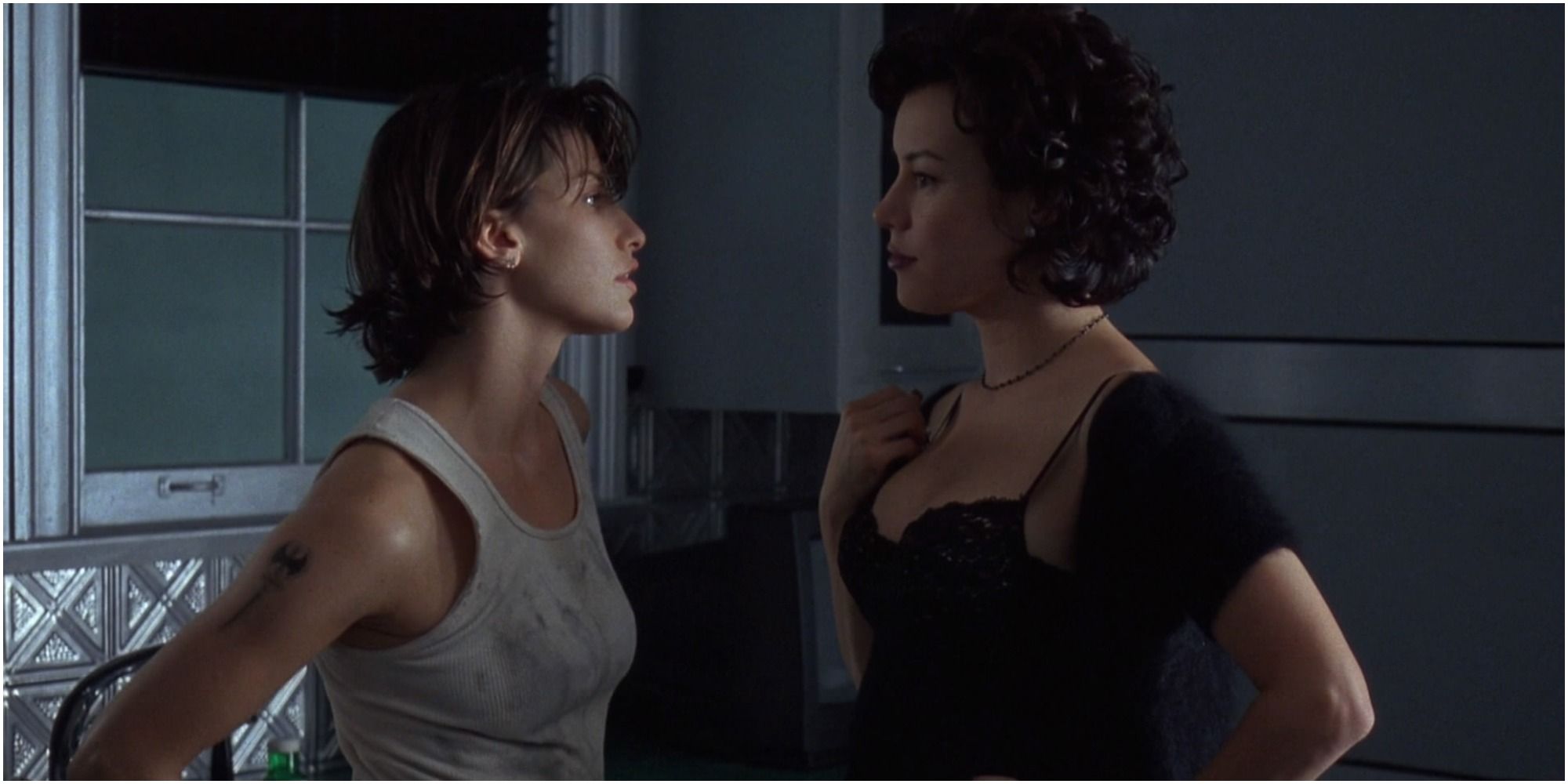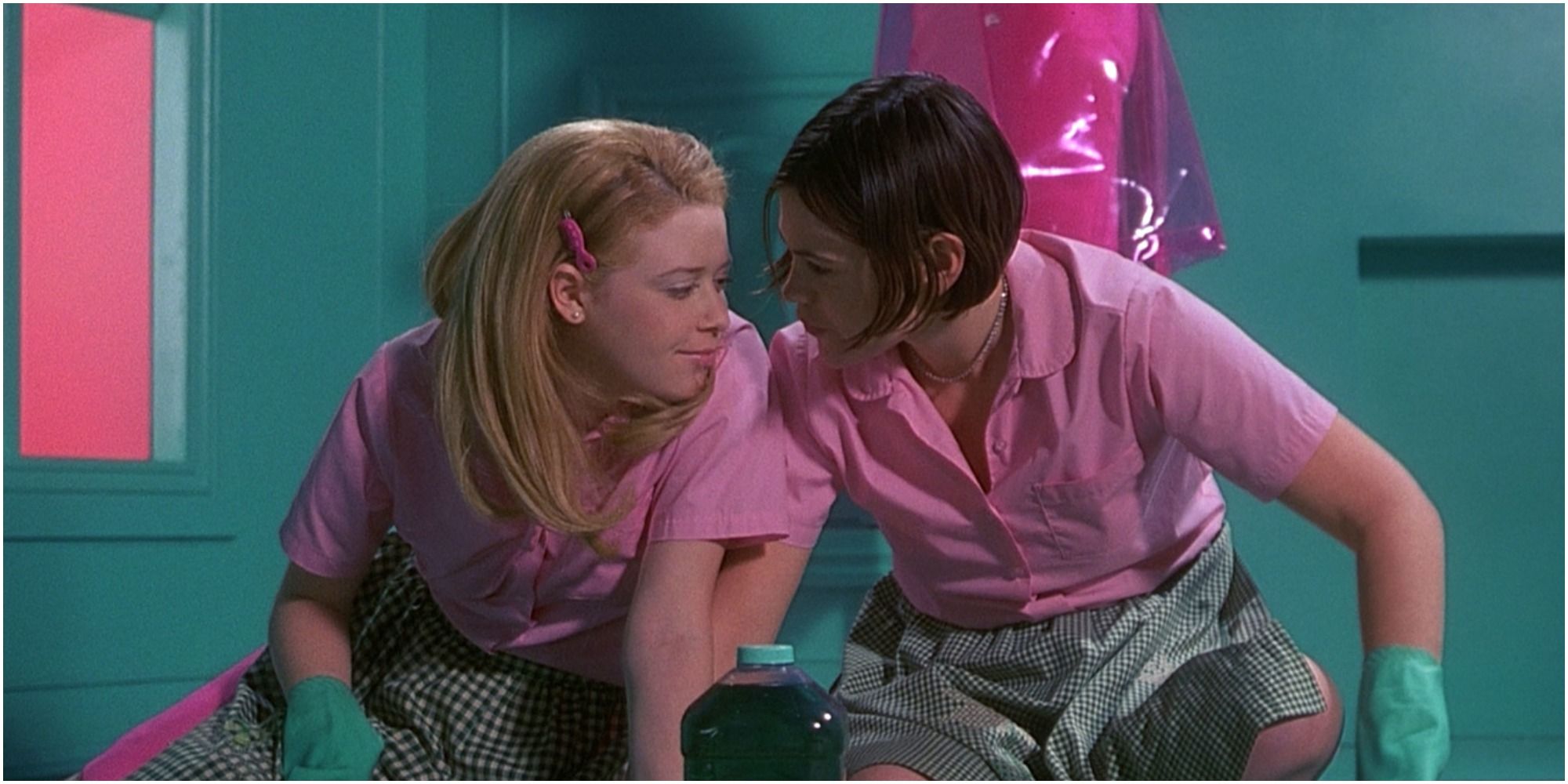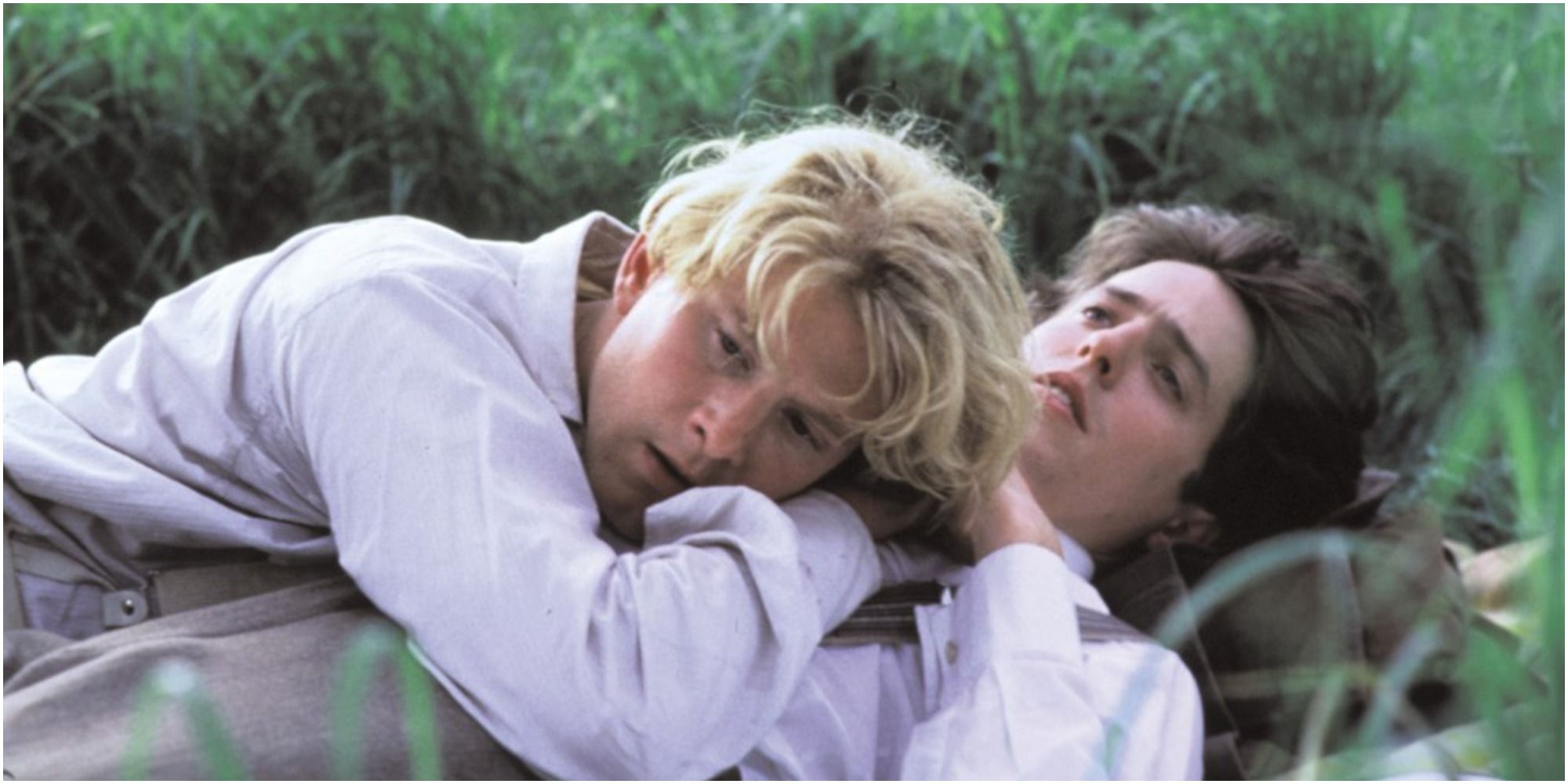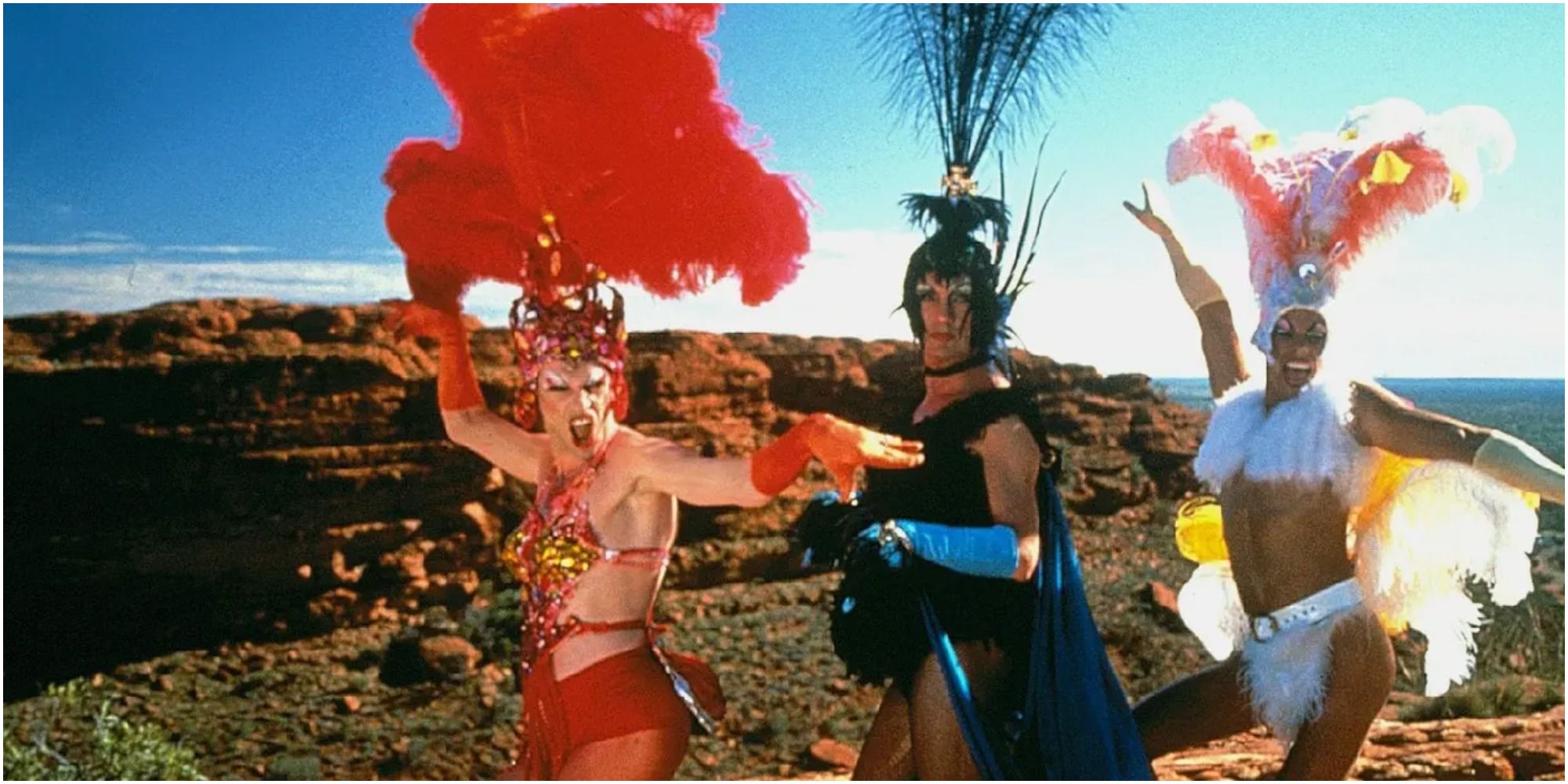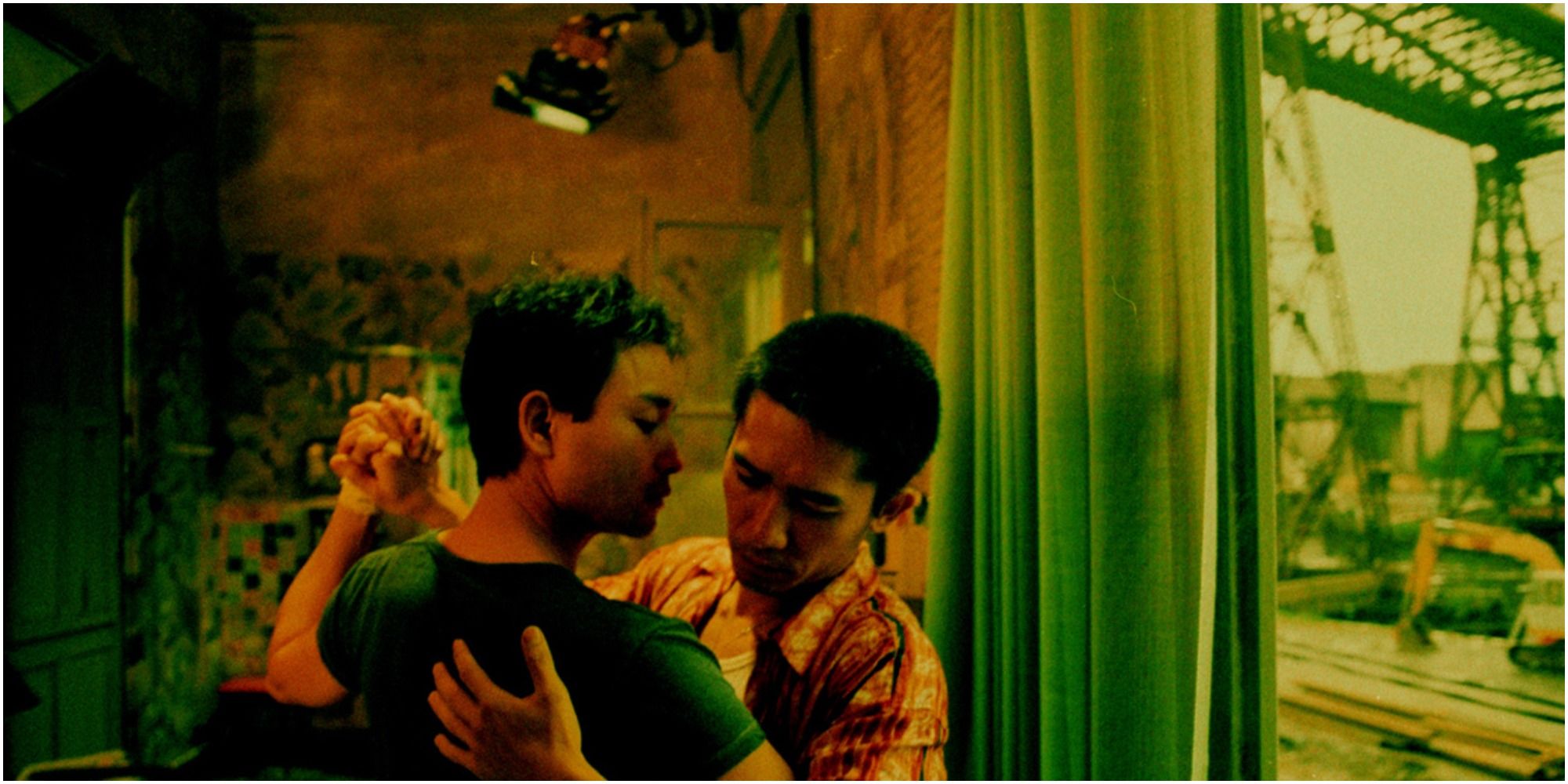Some people may feel that as Pride Month becomes more corporate-sponsored, it's becoming less important, but the fact is that LGBTQ+ creators, storylines, and content have barely had the chance to shine. Pride remains just as relevant as it always was, and the month of June offers the time to reflect on how far LGBTQ+ rights have come, and how far they have yet to go.
Pride Month is a time to learn about and celebrate the fight for LGBTQIA+ rights, while also promoting a future that's still worth fighting for. What better way to celebrate than by digging into the history of queer cinema and watching some movies you may have never seen before?
Parting Glances (1986)
The AIDS epidemic irreversibly changed the gay community in the 1980s. Many gay men died, not only creating a homophobic stigma around the disease, but setting back the progress of the community with many institutions, like the Reagan White House, writing them off as a lost cause. This strange time is captured on screen in the film, Parting Glances.
The film takes place in New York City and follows gay couple Michael (Richard Ganoung) and Robert (John Bolger), as they prepare for Robert to leave for Africa on a two-year work trip. Their relationship is put to the test as they decide how to move forward. While the movie itself isn't explicitly about AIDS, the epidemic is seen through the story of their friend Nick (Steve Buscemi), who is living with the disease. Buscemi brings a real sense of life to a man who realizes he may be soon facing his death.
Victim (1961)
Some may think that the history of queer cinema only dates back to the independent film revolution of the late 20th century, and while it was much harder to make stories about queer people before then, the truth isn't that simple. Victim is a British movie from 1961 about a closeted gay lawyer being blackmailed about his sexuality, who decides to admit his truth, even if it destroys his life. Even though the subject was used for shock value to a certain extent, the film proves itself to be a surprisingly progressive film for its time.
The film helped kickstart discussions about homosexuality, playing a role in its eventual decriminalization in the UK in 1967. Victim stars Sir Dirk Bogarde, who was actually a closeted gay man in real life, as Melville Farr, who makes the brave decision to fight the blackmailer in order to ensure they can't do it to another gay man. He essentially sacrifices the life he had built for himself for the greater good.
The Children's Hour (1961)
The Children's Hour, based on a 1934 play and released the same year as Victim, also tackles the societal taboo of homosexuality, this time through two schoolteachers who are accused of being lesbians. The film stars screen legends Aubrey Hepburn and Shirley MacLaine as Karen and Martha, two best friends who start a private boarding school for girls.
After Martha's Aunt Lily (Miriam Hopkins) accuses the two of them of being in an "unnatural relationship", a student spreads the rumor around the school. Their reputation is destroyed, and they face intense public scrutiny and shaming. They go to court over the claims and fight to save their reputation. The film is not very uplifting, but it remains relevant today. The ending will leave you in shock, but it is absolutely still worth watching.
A Fantastic Woman (2017)
Far too often, trans people's existence and experience is put into a box and/or tossed aside as invalid. The power of cinema is allowing the viewers into the lives of those different from them, which is why it's important to tell cinematic stories about trans people that accurately represent their experiences. In times like now, where the right for trans people to exist is being called into question by governments around the world, movies like A Fantastic Woman can help open the eyes of people too close-minded to view trans people as valid people.
A Fantastic Woman is a movie about trans rights, but not in a way that feels too direct. Instead, it's a movie that shows a trans woman as a whole person, complete with flaws, hopes, dreams, and a will to desire for happiness, just like everyone else. The film focuses on Marina, a trans woman, exquisitely portrayed by Daniela Vega, whose life is called into question after the death of her boyfriend. The film won the Oscar for Best Foreign Language Film in 2018, and when you watch it, its quality is, much like the existence of trans people, undeniable.
God's Own Country (2017)
A lot of times, the gay experience gets represented on screen in a very specific way. Over and over again, gay men are depicted as a stereotypical effeminate man whose priorities in life are supporting their straight female best friend and being incredibly sarcastic. Just like every other demographic, the gay experience is not a monolith. It cannot be put into a box. Francis Lee's God's Own Country is a beautiful and poignant drama about two men who fall in love while working a farm. The movie is quiet and emotional, and above all, it feels real.
The film stars Emmy-winner Josh O'Connor as Johnny, a man who has fallen into a routine of numbing his feelings with drinking and casual sex. When he enlists Romanian immigrant Gheorghe (Alec Secareanu) to help him work the farmland, the two develop a deep and meaningful relationship. It's an astounding movie that finds the beauty in the mundane.
Bound (1996)
Before they changed the film landscape with The Matrix, the Wachowskis made their directorial debut with the neo-noir, erotic, crime thriller, Bound. The Wachowskis' filmography is full of queer themes, with many reading The Matrix as a metaphor for their experience as transgender women, but Bound is the most directly queer film.
The film stars the iconic Jennifer Tilly as Violet, a woman dying to get away from her mafia boyfriend. When she meets lesbian ex-con Corky (Gina Gershon), the two hatch a scheme to steal $2 million from the mafia and run away together. It's a classic film that was revolutionary for the time in its depiction of a lesbian romance at the center of the film, and unlike many LGBTQIA+ depictions in film, it holds up in modern context.
But I'm A Cheerleader (1999)
Something that has become a staple of gay pop culture is an affinity for anything that is campy and over-the-top. You don't have to look any further than gay cult classics like What Ever Happened To Baby Jane? and The Rocky Horror Picture Show for proof. So, it's kinda weird when something as hilarious and campy as But I'm A Cheerleader has flown seemingly under the radar for as long as it has.
The movie stars Natasha Lyonne as Megan, a high school girl whose life is thrown into chaos after her family begins to suspect that she is obviously a lesbian. In response, they send her to a gay conversion camp run by Mike, an ex-gay played to perfection by the iconic RuPaul. While there, she meets a cavalcade of wacky homosexuals all trying to deny who they really are. She also meets Graham (Clea DuVall), who shows Megan how to stay true to herself without causing suspicion.
Maurice (1987)
One thing that separates the experiences of LGBTQIA+ people from straight people is that society is so restrictive and judgemental that being anything but straight and cisgender is something that has to be kept secret until you are ready to come out and embrace your truth. With coming out being such a major part of so many people's lives, stories about queer people tend to often incorporate a coming out plot line. Sometimes the coming out story is so cliché, it takes over the story and becomes a homogeneous version of what it means to be LGBTQIA+.
Based on the classic novel by E.M. Forster and written/directed by the legendary James Ivory, Maurice tells the story of men coming to terms with being gay in the high-class society of the early 20th century. Clive (Hugh Grant) ends his relationship with Maurice (James Wilby) in order to maintain his social position and marries a woman. When Maurice re-enters Clive's life, and develops a relationship with Alec (Rupert Graves), emotions that have been pushed down are brought back to the surface.
The Adventures Of Priscilla, Queen Of The Desert (1994)
Drag queens are taking over the world. RuPaul's Drag Race has brought the art of drag into mainstream pop culture. With that kind of visibility, many have been discovering the classic film, To Wong Foo, Thanks For Everything! Julie Newmar. If you like To Wong Foo, then you'll love the lesser known, but equally classic, The Adventures Of Priscilla, Queen Of The Desert.
This Australian comedy stars Hugo Weaving and Guy Pearce as two drag queens who, along with a transgender woman played by Terrance Stamp, travel across the Australian Outback to get to their next show in Alice Springs. While Priscilla isn't the most obscure movie on this list, with it having won an Oscar for Best Costume Design and serving as the inspiration for a Broadway musical, it still doesn't get the love it deserves, especially outside Australia.
Happy Together (1997)
Wong Kar-wai is a master filmmaker. The Hong Kong film scene is known for its striking style and emotional depth, and Wong Kar-wai's filmography encapsulates those qualities perfectly. His film In The Mood For Love is an undeniable masterpiece that will continue to be taught in film schools for decades to come. Lesser known, but just as good, is his equally beautiful and romantic, Happy Together.
The film stars Tony Leung and Leslie Cheung as a gay couple whose lives caused them to drift apart before finding each other again in Argentina. The beauty of the film is in its simplicity. The plot isn't super complex, it's just asking you to live with these characters for a while, and watch as their love goes through trials and tribulations, as they search for a way to be Happy Together.

